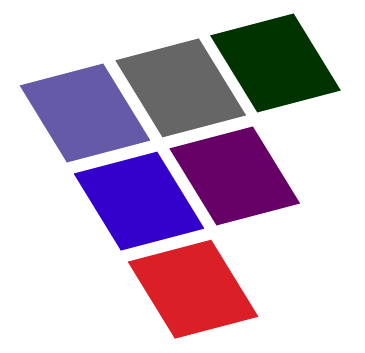When the international Fortran standards committee (WG5) met in 2012 to set a schedule for the next standard revision, the informal name of the standard was set to be “Fortran 2015”. The schedule changed over the subsequent years, but the name stayed the same. The current schedule has the standard being published in the second half of 2018, which caused a question to be asked: “Should we perhaps think of changing the year number to something more current?”
There is certainly precedent for this in Fortran. What ended up being called Fortran 90 was initially Fortran 83, then Fortran 88, then Fortran 8X. Fortran 2000 later became Fortran 2003 (published in 2004). Fortran 2008’s name didn’t change, but it was published in 2010. The committee’s general rule for naming a revision was “the year in which the technical work was completed”, but that hasn’t really been the case for a while now, and a growing number of users and implementers raised the concern that Fortran, already laboring under a misperception that it is an ancient and obsolete language, would not be helped by having a name already three years out of date. If one looks to other languages, one sees year numbers that generally reflect the publication date (C++17, for example).
As part of their comments on the second Committee Draft (CD), the UK committee raised the question and requested that J3 (the US committee) discuss it, resulting in paper 17-193r1. J3, at the October 2017 meeting, held a “straw vote” to see what people were feeling, but the results were inconclusive. I then, in my new role as WG5 Convenor, polled the WG5 mailing list and solicited comments along with votes. The result of this poll was definitive, with 17 in favor of changing the name to “Fortran 2018” and 5 opposed. (You can read all of the comments in WG5 document N2144.)
As a result of this, the informal name of the in-development standard will become Fortran 2018. While recognizing that “Fortran 2015” has been in use for a while now, most of us feel that changing the name is a benefit in the long term. Also, as a side-effect of the discussion, the placeholder name for the standard after Fortran 2018 is changing to “Fortran 202x” from “Fortran 2020”. It was never expected that the standard be published in 2020 – we figured 2021 at the earliest – but this keeps us from being painted into a corner again. (C++ did this as well, calling their in-development standard C++1x.) Maybe the one after 202x will be 202y?
